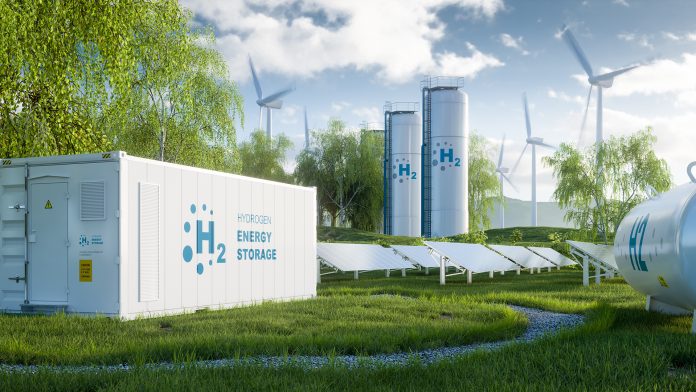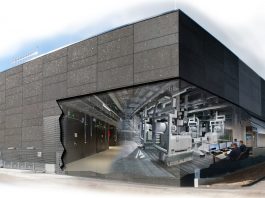At COP28, during a ‘High Level Roundtable on Hydrogen’ event, 39 countries launched the Clean Hydrogen Declaration of Intent, to work toward recognition of hydrogen certification schemes.
The Hydrogen Declaration of Intent on the mutual recognition of certification schemes for low-carbon hydrogen was launched at the event to harmonise approaches with participating nations.
The declaration is set to cover over 80% of the future global market in hydrogen and its derivatives.
Countries that endorse the declaration will work toward mutual recognition of hydrogen certification schemes to boost the global market.
Certification schemes must reflect the best available science on the lifecycle climate impacts of hydrogen and its derivatives. It should include the impacts on greenhouse gas concentrations due to leaks.
Announced today during a High Level Roundtable on Hydrogen at COP28 📢
39 countries have endorsed the Hydrogen Declaration of Intent to pursue mutual recognition of hydrogen certification schemes.
#COP28 #UniteActDeliver pic.twitter.com/ULnktkL6nM— COP28 UAE (@COP28_UAE) December 5, 2023
Gerd Müller, UNIDO Director General, said: “I would like to congratulate the COP28 Presidency on the work carried to advance low carbon hydrogen as the fuel of the future.
“The Declaration of Intent on Mutual Recognition of Certification Schemes for Hydrogen and Derivatives and the launch of the ISO methodology for greenhouse gas emissions assessment of hydrogen (Technical Specification, TS 19870) will certainly contribute to that end.”
Benefits of clean hydrogen
Clean hydrogen is produced by the electrolysis of water using electricity from renewable sources. It will help reach global sustainability goals, as its production and combustion do not emit greenhouse gases.
It can be transformed into a synthetic gas or electricity, being utilised for commercial, industrial, domestic, and mobility applications. Because of this, hydrogen can enable emission-free transport, heating, and industrial processes.
What is included in the Hydrogen Declaration of Intent?
To pave the way for the development of a global hydrogen market, the Hydrogen Declaration of Intent includes:
- Mutual recognition of participants’ respective certification schemes;
- Accelerated development of technical solutions through co-operation;
- Nomination of government experts to facilitate the development of relevant solutions;
- Steps to support the process of mutual certification schemes, such as taking into account the adoption of global standards; and
- Monitoring progress on co-operation.
Sanjiv Lamba, CEO of Linde plc and Hydrogen Council Co-Chair, said: “Through collaborating across borders and between public and private sector organisations, we help create the right framework for a global hydrogen economy.
“It will be the foundation for scaling up the clean hydrogen value chain and creating opportunities to accelerate decarbonisation and the energy transition.”









